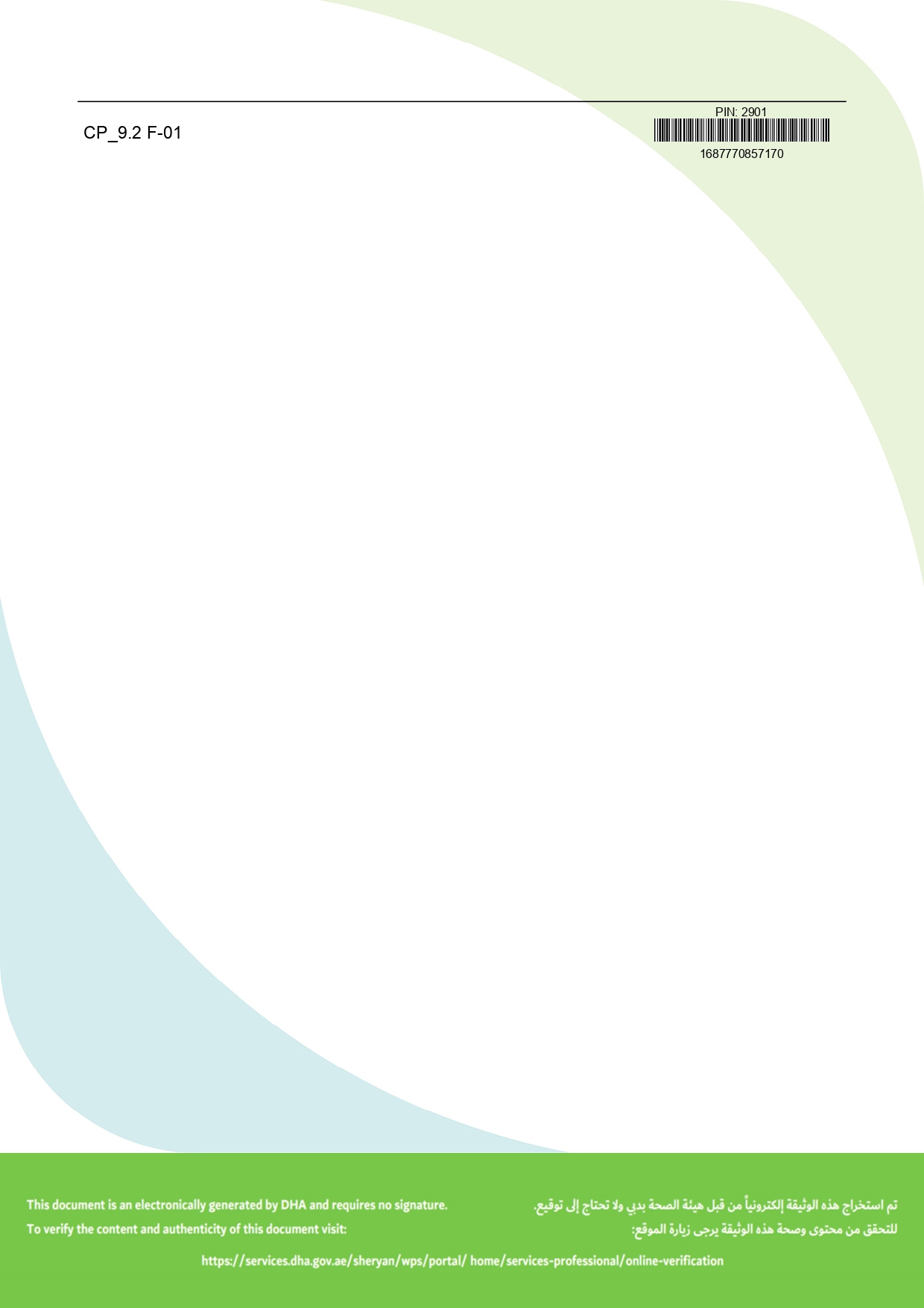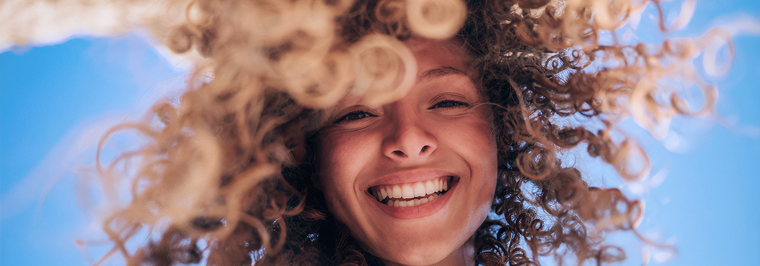Professional teeth cleaning allows you to get rid of not only soft plaque but also hard deposits, the so-called dental calculus. It is impossible to remove it at home. The AESTHETE dental clinic provides oral hygiene services.
Causes of dental calculus
Plaque constantly forms on the surface of the teeth. Food particles, substances contained in saliva, and bacteria living in the mouth participate in its formation. It is impossible to completely eliminate it, but regular cleaning reduces the likelihood of complications. If you do not brush your teeth, soft plaque will begin to harden. Such deposits are comparable in strength to stone, and it is impossible to remove them at home. Therefore, they are called dental calculus, and to remove them, you need to see a dental hygienist. In some cases, hard plaque forms even in those who regularly brush their teeth. The reason for this is the accumulation of deposits in the interdental spaces and gingival pockets, which are difficult to clean. Other reasons that affect the appearance of hard deposits are the incorrect distribution of chewing load, a small amount of solid food in the diet, and metabolic disorders that change the composition of saliva.
Consequences of dental calculus formation include:
- bad breath;
- partial or complete darkening of the enamel, which deteriorates the aesthetics of the smile – a person may develop complexes about their appearance and difficulties in communicating with others;
- development of cavities;
- inflammation, bleeding of the gums;
- the occurrence of gastrointestinal diseases.
Most often, supragingival dental calculus occurs. It forms on the surface of the teeth above the gum line, so it is easily noticeable during an examination. It is characterized by a white or yellowish color. There are also subgingival hard deposits, which have a brown color. They usually form in people over 40 years old and can only be detected with a special probe.
Indications for the removal of dental calculus
The very presence of hard deposits on the surface of the teeth is a reason for their removal. If not promptly removed, complications will arise that affect the condition of the oral cavity. Also, the removal of dental calculus is recommended in the following cases: bad breath associated with plaque serving as a breeding ground for microorganisms; bleeding gums; inflammatory diseases of the tissues surrounding the tooth – gingivitis, periodontitis; deterioration of the aesthetics of the smile caused by the accumulation of a significant amount of soft and hard plaque; preparation for orthodontic treatment, such as before the installation of braces. Even if there is no calculus on the teeth, it is recommended to conduct professional cleaning. This is done for preventive purposes – it is easier to prevent the formation of hard plaque than to remove it later. The desirable frequency is twice a year.
Contraindications for dental calculus removal
In some situations, the removal of hard deposits is not recommended or categorically prohibited. The main contraindications are: acute forms of periodontitis; inflammatory process in the oral cavity; uncontrolled diabetes mellitus. There are contraindications associated with certain technologies. For example, for the AirFlow method: allergy to baking soda. For ultrasonic cleaning: pregnancy; cardiovascular diseases; bronchial asthma, chronic bronchitis; respiratory infections; the use of a pacemaker that maintains the heart rhythm. Therefore, before cleaning, the doctor should assess the patient's condition. If contraindications are identified, they will try to offer an alternative method of professional hygiene.
-
Teeth scaling cost
-
Teeth Scale and Polish
from 920 AED
More Dental Services
Disadvantages and advantages of dental calculus removal
Professional hygiene offers many advantages, but there are several disadvantages that you should have at least a general understanding of. Before the procedure, the doctor will warn you about possible discomfort. People with increased tooth sensitivity are recommended to use local anesthesia.
Disadvantages
The downsides that the patient may encounter during or after the procedure are: increased tooth sensitivity, which usually manifests in the first few hours after cleaning; slight gum bleeding – this usually occurs in advanced cases when pockets form between the gums and teeth. Increased tooth sensitivity and gum bleeding pass relatively quickly. If unpleasant sensations persist for a long time, contact your doctor.
Advantages
The advantages of professional teeth cleaning and removal of hard deposits significantly outweigh the disadvantages. The aesthetics of the smile improve, and the teeth look beautiful. Bad breath disappears. The likelihood of cavities and other dental diseases decreases. The condition of the gums improves, inflammation and bleeding pass. At the same time, the procedure does not take much time, does not harm the enamel and soft tissues. No special preparation is required. Pain and discomfort are minimized.

Methods for removing dental calculus
Modern dentistry uses several methods for removing hard deposits. The doctor chooses the appropriate option based on the characteristics of the clinical case: the nature of the plaque, its degree of severity, and the condition of the patient's oral cavity.
Mechanical Cleaning
This method is now used very rarely. It involves the doctor scraping off the deposits with a curette – a tool with a sharp edge. The procedure has become unpopular because it causes pain and discomfort. It is forbidden to perform it in cases of inflammation and pathological conditions of the gums.
Sandblasting
The AirFlow technology is based on cleaning the surface of the teeth with baking soda or sodium bicarbonate. The doctor uses a device that delivers a pressurized stream of water saturated with a special powder. It knocks off deposits and immediately cools the teeth. This is an effective method, but it has two drawbacks: it is not suitable for solving complex problems: a stream of water with soda, even under pressure, cannot handle dense, old calculus; it cannot be used if the patient's gums are inflamed: it can worsen their condition.
Ultrasonic Cleaning
This is one of the most effective and least traumatic methods. A device with a tip (scaler) is used, which makes up to 100 million vibrations per minute. It breaks the bond between the hard deposit and the surface of the tooth. At the same time, water or antiseptic is supplied, which washes away the destroyed deposits, cools the teeth, and rinses out small particles from the gingival pockets and interdental spaces.
Laser
Laser treatment is a gentle method. It can be performed selectively, treating only the area where there is plaque. The laser beam breaks the deposits into tiny fragments, which are then washed away with water. At the same time, the gums and teeth are not affected.
Stages of Dental Calculus Removal
The professional cleaning procedure consists of several stages. The sequence of actions by the doctor depends on the chosen method, but it usually looks like this:
- local anesthesia – not always necessary, but thanks to anesthesia, the patient will definitely not feel pain during cleaning;
- direct removal of deposits using the AirFlow device, ultrasound, or laser;
- cleaning with abrasive strips – mechanical treatment allows thorough cleaning of the interdental spaces, where even the thinnest tip cannot penetrate;
- polishing the enamel – plaque accumulates more slowly on a smooth surface;
- application of protective and strengthening varnishes or gels on the tooth enamel;
- treatment of the gums with anti-inflammatory drugs – if necessary.
After the procedure, the doctor will give recommendations on how to care for your teeth. Following these instructions helps to maintain the cleaning results for a long time. Usually advised:
- for the next few days after the procedure, refrain from consuming foods and drinks with coloring pigments – berries, beets, fruit juices, red wine, strong tea, and coffee;
- use a medium-hard toothbrush – it provides sufficient hygiene without injuring hard and soft tissues;
- regularly, about every three months, replace the toothbrush with a new one;
- visit the dentist twice a year for preventive purposes.
The combination of regular home cleaning and professional hygiene helps to maintain oral health, avoiding diseases and complications.
What Happens if Dental Calculus is Not Removed
Patients often delay visiting the dentist, believing that the problem is not serious enough to address immediately. This is a mistaken approach. Only a doctor can determine how serious a particular case is. Therefore, professional cleaning should not be postponed for a long time or abandoned altogether. If dental calculus is not removed, unpleasant consequences are possible: development of cavities and other dental diseases – an additional downside is that the signs of cavities are not visible under a layer of hard deposits, the disease is discovered at later stages, making it more difficult to treat than in the early stages; gum inflammation – can provoke serious diseases such as gingivitis or periodontitis; tooth loss – due to cavities that have progressed to pulpitis, or because of severe periodontitis; bad breath – hinders communication with others; deterioration of the aesthetics of the smile – also hinders communication with others because people find it unpleasant to look at an interlocutor with teeth covered in characteristic dark spots; overall worsening of oral health – the risk of diseases and infections increases significantly. Visiting the dentist twice a year for preventive purposes is a good solution. The doctor will examine the patient, promptly identify signs of hard plaque accumulation, and recommend scheduling a professional cleaning.
The AESTHETE dental clinic is located in Dubai (UAE), Bluewaters Island. Our doctors have modern equipment for professional teeth cleaning at their disposal. We will offer the appropriate technology, perform the necessary hygiene procedures, and ensure an excellent result. Information about the medical center's services and their prices is available on the website. If you have any questions, the clinic administrators will answer them. They will help you choose a time to visit the dentist and schedule an appointment.







